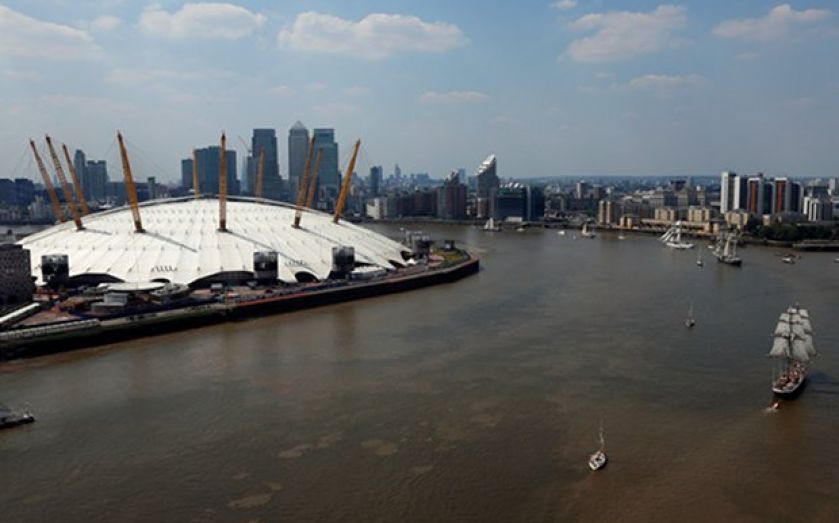City Matters: Britain’s seafaring past is still shaping the City’s culture and economy today

WHEN people talk about the “City”, they often do so solely in terms of its banks – and financial services. These are a central element of what the City does, but this leaves out a whole side of the Square Mile that is just as important: the second thing we sum up in the handy phrase ‘’financial and professional services’’.
Together, they account for 15 per cent of the UK’s GDP – and the professional services part amounts to 5 per cent, with a big component of that being shipping. Over 95 per cent of UK imports and exports are transported by sea. So we are delighted that we have just celebrated the inaugural London International Shipping Week, which highlighted the strength of the UK maritime sector and the capital’s vital role in global shipping.
You do not have to travel to the Greenwich Meridian to see how shipping helped London become the centre of the world. Fifteen maritime timepieces are an important part of the collection on show in the small (but perfectly formed) Clockmakers’ Museum and Library at Guildhall. A visit there will remind any City worker just how globalisation began with the conquest of longitude.
Most Londoners looking at the Gherkin on the horizon will not know that the entire global re-insurance quarter around nearby Leadenhall is a testament to the influence of shipping on the City, and the City on shipping. Few globally important business clusters can claim – as insurance can – to have been based on the same piece of ground since before 1700.
The central timezone enjoyed by the UK means we can do business with both sides of the world in the same working day and, despite the decline in visibility of ships within the City, the maritime sector is right at the heart of London.
The City accounts for 21 per cent of premiums in international marine insurance, over $64bn (£40.5bn) in committed ship finance (or 15 per cent of the world loan book), and it has the world’s largest concentration of legal service firms specialising in the sector. London is the predominant supplier of shipbroking services worldwide, and is the major player when it comes to maritime dispute resolution. The City is also a world leader in ship management, shipping agencies, ship finance and ship registration.
Not only that but, in November, the new London Gateway port will open near Canvey Island in the mouth of the tidal Thames, for which the elected City of London Corporation is the London Port Health Authority.
Shipping is, of course, not just about the goods that ship to the UK, but also the places that the UK ships to. In the next week I will be visiting Hong Kong and China – two of our most important trading partners and shipping destinations, and maritime services will be high on our agenda.
Shipping not only brings jobs and tax receipts – and culture and history – but also provides daily examples of the pragmatic ways that the professional services cluster of London can deliver real benefits in the real world.
Roger Gifford is lord mayor of London.